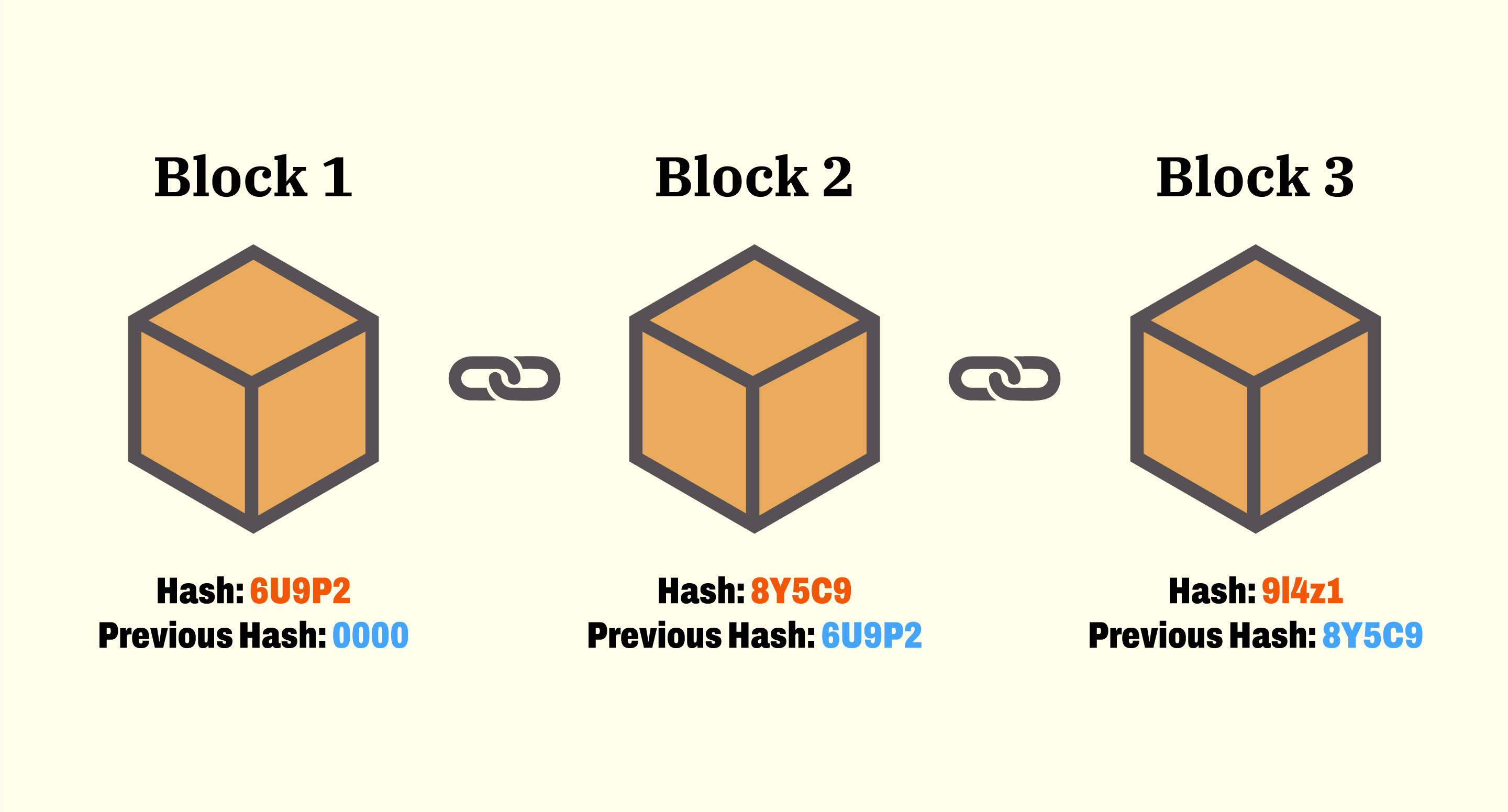Blockchain?
What is blockchain and how does it work? You may have heard the term "blockchain" before, but if you're not quite sure what it is or how it works, don't worry. In this article, we'll give you a brief overview of what blockchain is, how it works, and some potential applications for this revolutionary technology.
Blockchain is a digital ledger technology that allows multiple parties to securely and transparently exchange data without the need for intermediaries or trusted third parties. The data in a blockchain is stored in a series of blocks, each of which contains a set of transactions that have been verified by a network of computers called nodes. Once a block is added to the blockchain, it cannot be altered or deleted, making it a highly secure and immutable form of data storage.
So how does blockchain work in practice? Let's take the example of a cryptocurrency like Bitcoin. When someone wants to send Bitcoin to another person, they initiate a transaction that is broadcast to the entire Bitcoin network. The nodes on the network validate the transaction, checking that the sender has enough funds to cover the amount being sent, and then add it to a block. Once the block is complete, it is added to the blockchain, and the transaction becomes part of the permanent record of all Bitcoin transactions.
The security of the blockchain comes from the fact that each block contains a unique code called a "hash" that is generated by the nodes on the network. This hash is based on the data in the block, as well as the hash of the previous block in the chain. By including the hash of the previous block, each block in the chain is connected to the ones before and after it, creating a continuous, unbreakable chain of data.
So what are some potential applications for blockchain beyond cryptocurrencies? Here are a few examples:
Supply chain management: Blockchain can be used to track the movement of goods and products along a supply chain, providing transparency and accountability to all parties involved.
Digital identity: By storing identity data on a blockchain, individuals can have more control over their personal information and be able to securely share it with trusted parties.
Voting: Blockchain can be used to create a secure and transparent voting system that ensures the integrity of the voting process and prevents fraud.
Smart contracts: These are self-executing contracts that are programmed to automatically execute based on certain conditions. They can be used in a variety of industries, from real estate to insurance, to automate complex processes and reduce the need for intermediaries.
Overall, blockchain is a powerful and potentially transformative technology that has the potential to revolutionize a wide range of industries. While it's still in the early stages of development, the potential benefits of blockchain are clear, and it will be exciting to see how this technology evolves and grows in the years to come.



Comments
Post a Comment
Feel free to ask, suggest and comment regarding this post/blog. You can also contact me through e-mail, just always use the contact page. Thank you for visiting this blog.